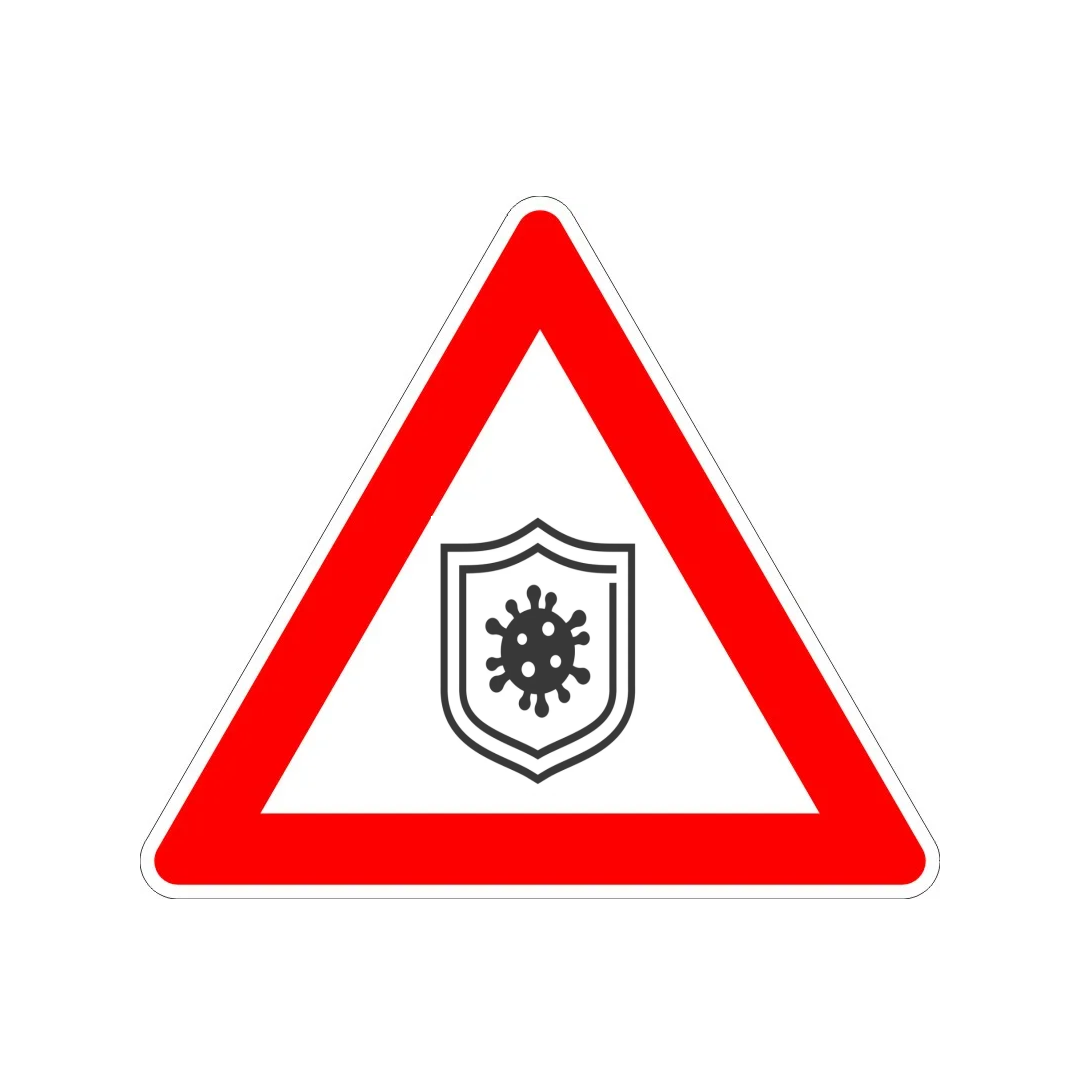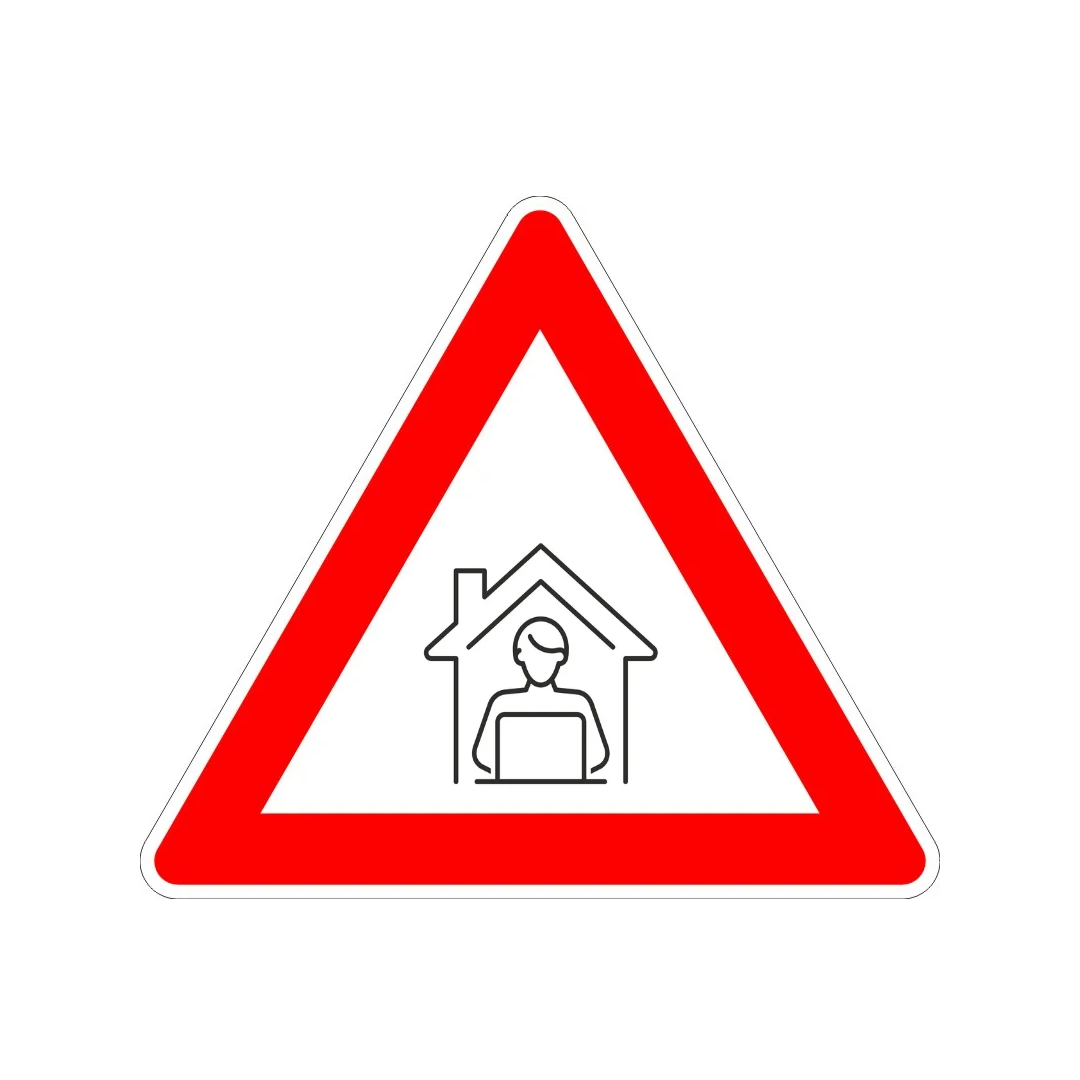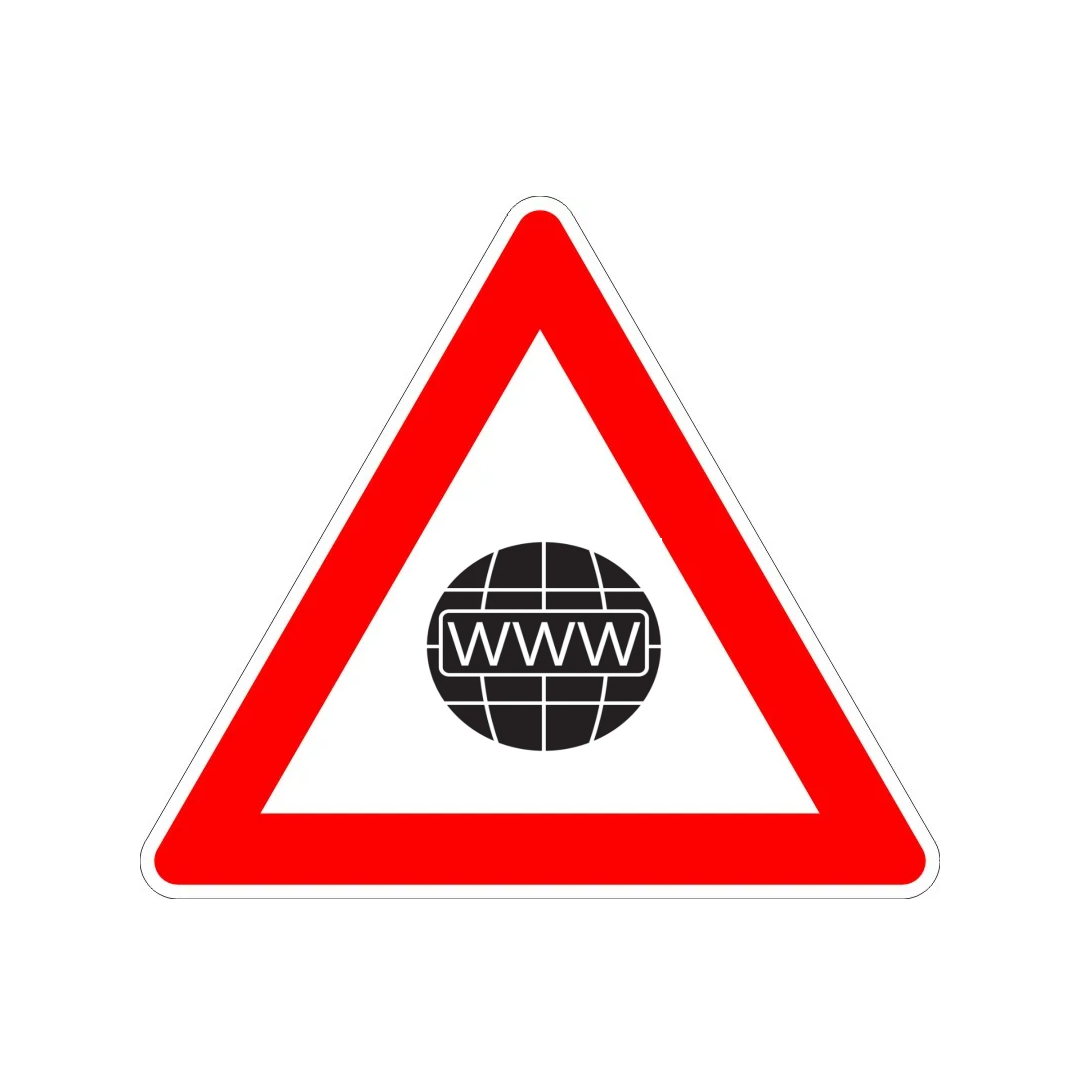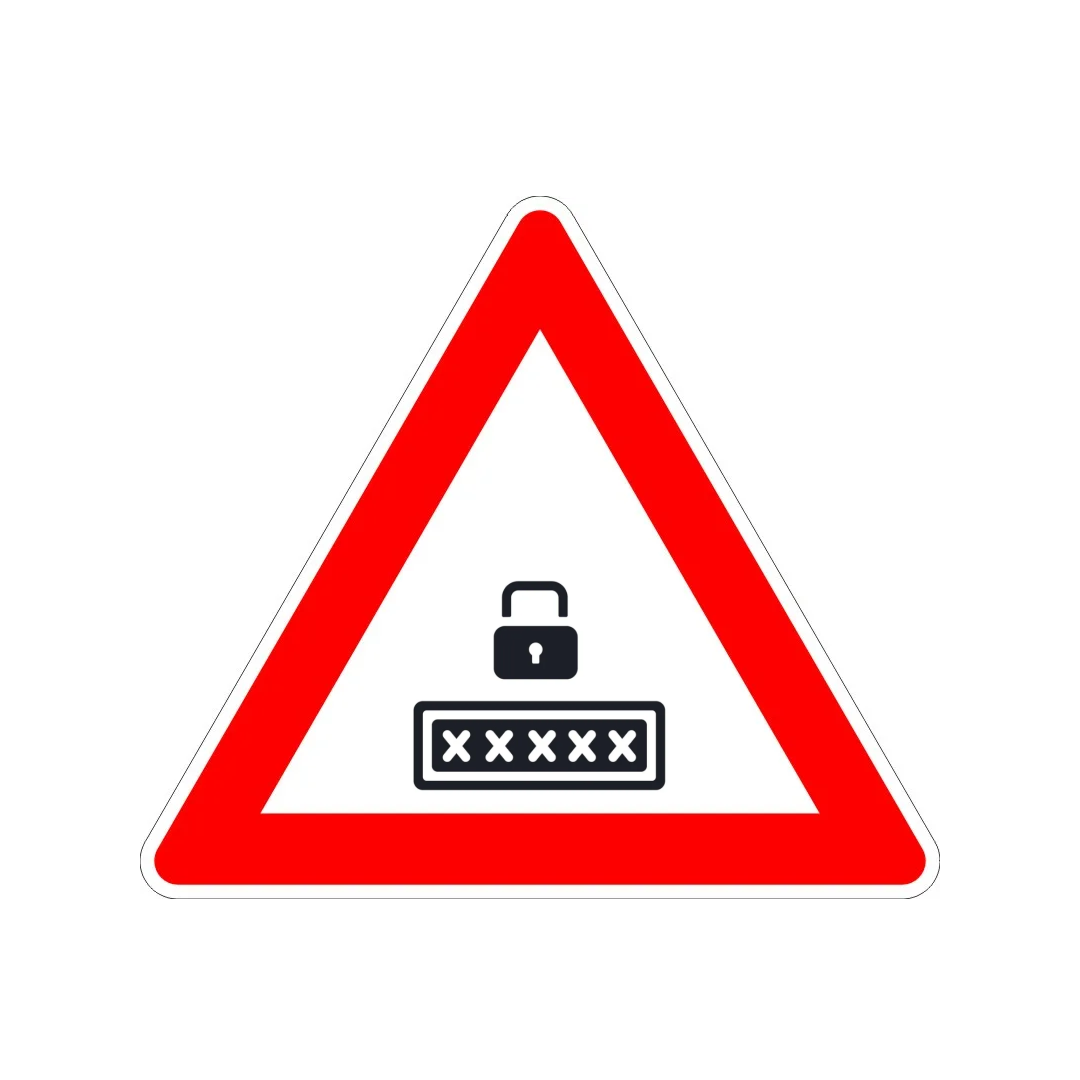Year of Cyber - Anti-Virus

Anti-virus – how well are you protected?
This is the first of our articles to help you use cyberspace safely at work and at home. This month’s theme is Anti-Virus, but it includes other tools that can help you at home, like Firewalls, and advice for smartphone and tablet users.
Simple points to remember:
1. Make sure you have anti-virus software and a personal firewall to protect all your personal devices (including tablets and smartphones) – and that they are always enabled.
2. Keep your anti-virus software, operating system, and other key software (e.g, word processing) up to date.
3. Remember that however well protected you are, nothing can guard against every threat – so be vigilant.
What tools can I use to protect me online?
We are used to protecting ourselves, our loved ones, and our property – vaccinating our children, fitting good locks to doors and windows, and using them, watching out for suspicious activity. Tools like anti-virus software and firewalls are similar – they work to stop viruses and other cyber threats by strengthening our defences (like a vaccination or a lock) or by looking out for suspicious activity – a bit like a Neighbourhood Watch for your computer system!
Anti-virus software looks for viruses and other malware by scanning incoming emails, monitoring files you open or download and websites you visit to ensure there is no embedded malware and scanning your device periodically for malware or spyware (spyware, as the name suggests, snoops on us to steal our online secrets like passwords or credit card details). There are several anti-virus packages, some free, some paid for, but they will all require regular updates to make sure they recognise the latest malware – usually this happens automatically. But anti-virus software can’t protect you against spam or any criminal or hacking activity not connected with a known virus, and it can only defend against what it knows about – so anything new or different may not be identified.
A firewall acts as a barrier between your computer and the Internet, only letting connections in or out of your computer if they seem legitimate - like a good lock on the front door that stops a thief breaking into your house, or from removing your property through the front door if they managed to get in through a window. A firewall is intended to be the first line of defence, but it won’t guard against viruses or spam, or if it’s been turned off or the settings are wrong. For home users, a personal (or software) firewall is usually adequate, such as the Windows Firewall included with Windows operating systems, or one included with some anti-virus packages.
You should have a firewall and anti-virus on every device that connects to the Internet. That includes smartphones and tablets, as well as computers and laptops, irrespective of their operating systems. Get Safe Online has good advice on choosing and using anti-virus software and firewalls.
But they won’t protect me against everything?
Nothing can. Just as a determined thief will always find a way, and a new strain of flu may not be prevented by a flu vaccination, nothing can ever be guaranteed to keep you safe. So, you still need to be vigilant for suspicious activity – as we’ve covered throughout the year in these articles.
What about my smartphone and tablet?
Smartphones and tablets are increasingly being targeted by malware – criminals go where they get the most return for their efforts, so as the number of people using these devices has increased, so the malware threat has increased. As well as getting malware from websites (especially from links sent in text messages) and email, they also come with infected apps – especially those not coming from the official app stores. As well as the usual malware threats, smartphones can be targeted to force premium rates calls and texts to be made without your knowledge.
Although infected apps have on occasions got on to official app stores, be careful only to purchase and download apps from recognised sources. Take particular care if you find a free or cheap version of an app you would normally have to pay for – it is probably not legitimate and may come with additional malware “features” that you really don’t want. And check what access the app is asking for on your device – they can ask for access to contact lists and call lists, as well as the camera, microphone, location information, photos and even permission to send texts and make calls.
Get Safe Online especially warns users of Android or Windows devices to install a reputable anti-virus and anti-spyware app.
Is there anything else I can do?
Generally, keep your operating system and software up to date. That means downloading updates from the suppliers – usually this can be done automatically as updates become available – and not running old versions of software after support has been withdrawn. Malware writers know that not everyone will update their software so they will still have success with malware targeting older operating systems, browsers, and other software. Don’t be one of their successes.
In particular, keep your browser software up to date – install the latest version of your browser from the supplier’s site to protect yourself and to enjoy the new features to help with speed and compatibility. But, as with all updates, ensure you are downloading from the official sites. Also make sure the settings are appropriate – you can help on this from your browser’s help files and from sites such as Get Safe Online.
Backup your important data regularly to an external hard drive or to the Cloud. That way you won’t lose all your important documents and photographs if your device fails, is damaged or stolen.
And finally, when disposing of your device, make sure you do so safely and securely so that your data cannot be accessed by others.
Get Safe Online has good advice on these points and on other ways to protect yourself online.
Reporting
The advice in this article underscores the necessity of consulting cyber security experts, such as Cybercentry, for addressing any cyber security incidents in both personal and professional contexts. Reporting concerns promptly to the relevant authorities is crucial for a swift response and safeguarding against potential threats.
Share











